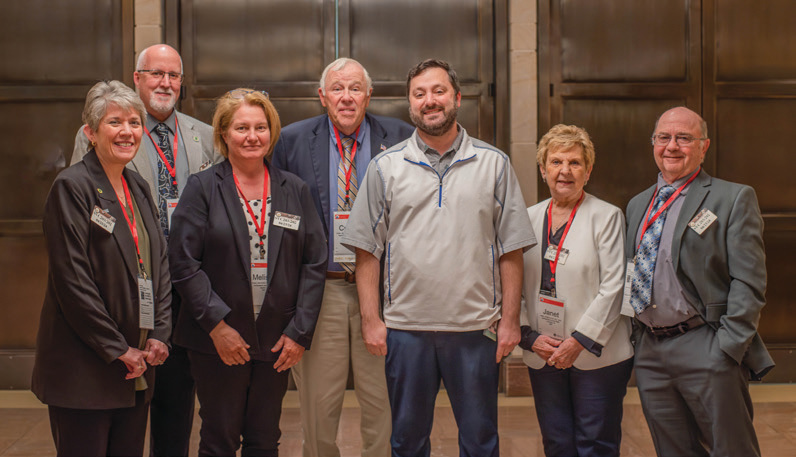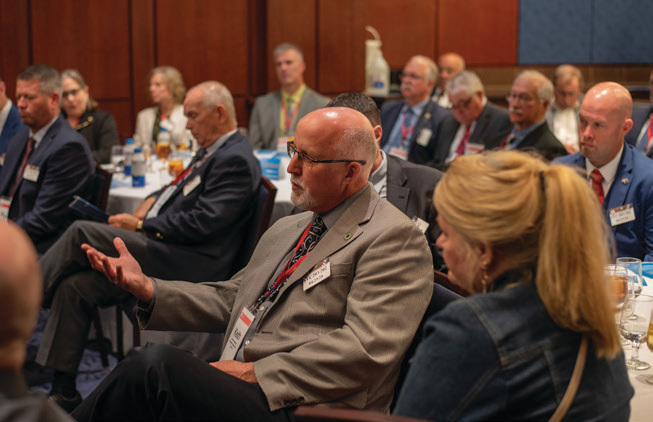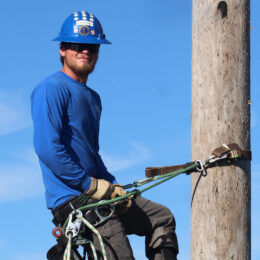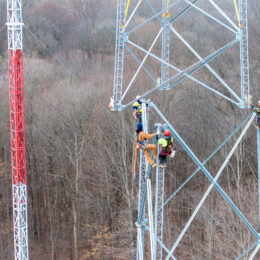
By Bryan K. Mathews, Chief Executive Officer (CEO) at Southeastern Indiana REMC
The annual Legislative Conference in Washington, D.C., serves as an essential platform for sharing with our Congressional Delegation how decisions made in Washington impact the communities we serve.
This necessity for political involvement is why cooperative representatives annually travel to Washington, to engage with legislators. While there, these representatives advocate for you and our rural communities to ensure you have access to reliable and affordable power.
This year, Melissa Menchhofer and I attended the National Rural Electric Cooperative Association’s Legislative Conference, where we engaged in meaningful discussions with elected officials and their staff.
Among other issues, a primary concern we brought to their attention is the Environmental Protection Agency’s (EPA) recent rule for existing coal and new natural gas power generation plants. Not-for-profit electric cooperatives, like Southeastern Indiana REMC (SEI REMC), have a responsibility to represent the best interest of our consumers and are concerned about the impact of this rule. The final rule jeopardizes affordable and reliable electricity by forcing the premature closure of always available power plants while making it harder to permit, site and build critical new power plants. Unfortunately, the final rule comes at a time when reliability concerns are growing and energy demand is increasing across the country. Indiana’s electric cooperatives support a responsible energy policy that balances Hoosiers’ energy needs with environmental concerns.

Another significant issue we raised is the protection of the rural electric infrastructure that powers our homes, schools, hospitals and businesses. The electric pole network owned by SEI REMC is also used by cable, telephone and broadband companies. It is incumbent upon our cooperative to make sure that pole infrastructure is structurally sound for all intended uses and meets electric reliability and safety standards. However, legislative or regulatory proposals can jeopardize safety and reliability while driving up costs for electricity. We asked legislators to leave rules about our local electric infrastructure up to state policymakers.
Throughout our meetings, the strong support from cooperative members was evident and impactful. Legislators recognize our role as representatives of you, the rural voters, ensuring that your voices are effectively heard in Washington,.



